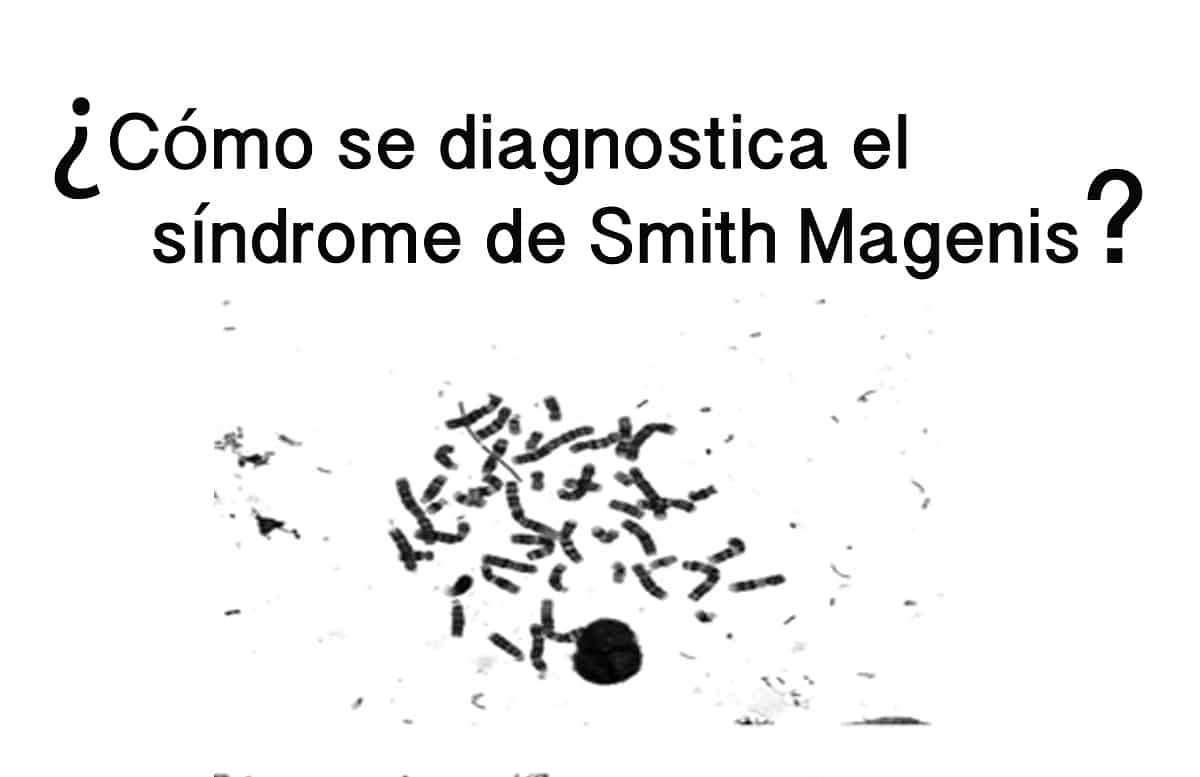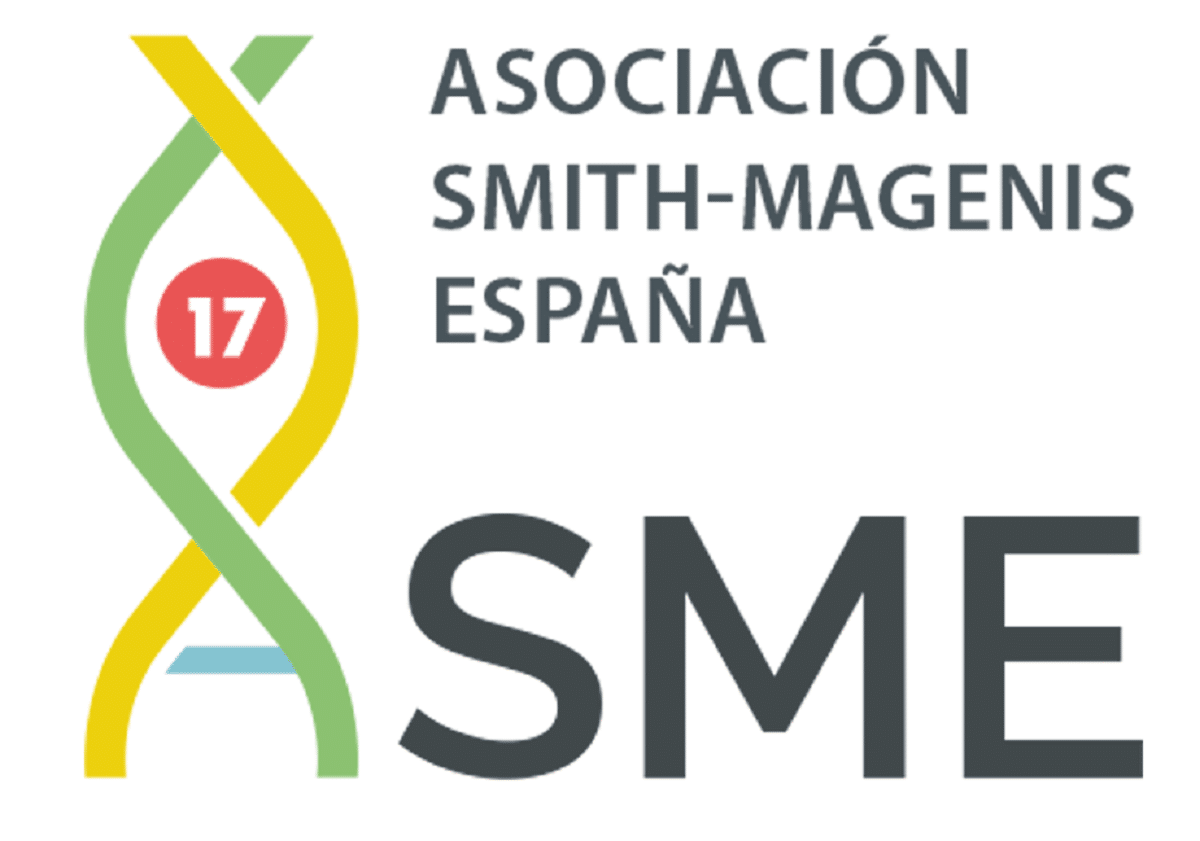
This November 17th the International Smith Magenis Syndrome Day. This is a rare disease identified in the early 80s by Ana Smith and Ellen Magenis, hence its name. This syndrome consists of a set of symptoms, physical and behavioral characteristics of varying severity, along with a series of congenital anomalies.
His symptoms, characteristics, and research advances being made in this article, in which we also want to introduce you to the Spanish Smith Syndrome -Magenis Association, a charitable non-profit organization.
Causes and symptoms of Smith Magenis syndrome

Roughly explained, Smith Magenis syndrome, by its abbreviation SMS, is a genetic abnormality caused by a deletion on chromosome 17. It is a genetic disease, but generally not inherited, as it is produced by a new genetic change that takes place during the formation of the ovum or sperm. For this reason, most of the affected patients have no family history.
The estimate is that Smith Magenis syndrome appears in 1 in 25000 births, although more recent sources establish a prevalence of 1 every 15000 deliveries. The risk of recurrence in a new pregnancy of the couple reaches fifty percent.
Symptoms are delayed intellectual and language development, with partial hearing loss. Anomalies in the skull and face are characteristic and sometimes occur in the fingers and spine, with scoliosis, brachydactyly, and polydactyly. Malformations of some organs are common, especially cardiac, renal and central nervous system anomalies. It is common for children with SMS to have behavioral disorders and sleep rhythm disturbances, with short daytime naps and frequent awakenings at night.
Treatment and recent research

As in other diseases, unfortunately no curative treatment for children with Smith Magenis syndrome. Early diagnosis is essential, especially for families, as it allows them to learn about the disease and prepare for future challenges. Therapeutic measures are based on symptom control, physiotherapeutic measures and psychological support.
As we have collected from the Smith Magenis Syndrome Spanish Association, the scientific production on rare diseases in Spain and on this syndrome in particular is scarce or nil. Some of the difficulties encountered by researchers are the lack of identification of patients, little knowledge and interest of doctors and psychosanitarians in the disease and geographic dispersion. In 2020, the situation caused by the COVID-19 it has further complicated advances in other investigations that are not related to the pandemic.
In France and other neighboring countries, in addition to the United States, yes investigations are being carried out, especially related to aspects of behavior and sleep in patients with SMS.
The Spanish Association of Smith-Magenis Syndrome, ASME

Ehe priority objective of the association is to improve the quality of life of people with Smith Magenis syndrome. The association promotes all kinds of initiatives that contribute to the dissemination and investigation of the syndrome. Today, the urban buses of San Sebastián carry a sign that mentions the disease.
Through the website a guiding tool for families, doctors, teachers, and other professionals. In it there is a wide and detailed explanation of the syndrome, of the stages that children go through, from babies to adolescents. There are also research material and activity proposals that can be downloaded.